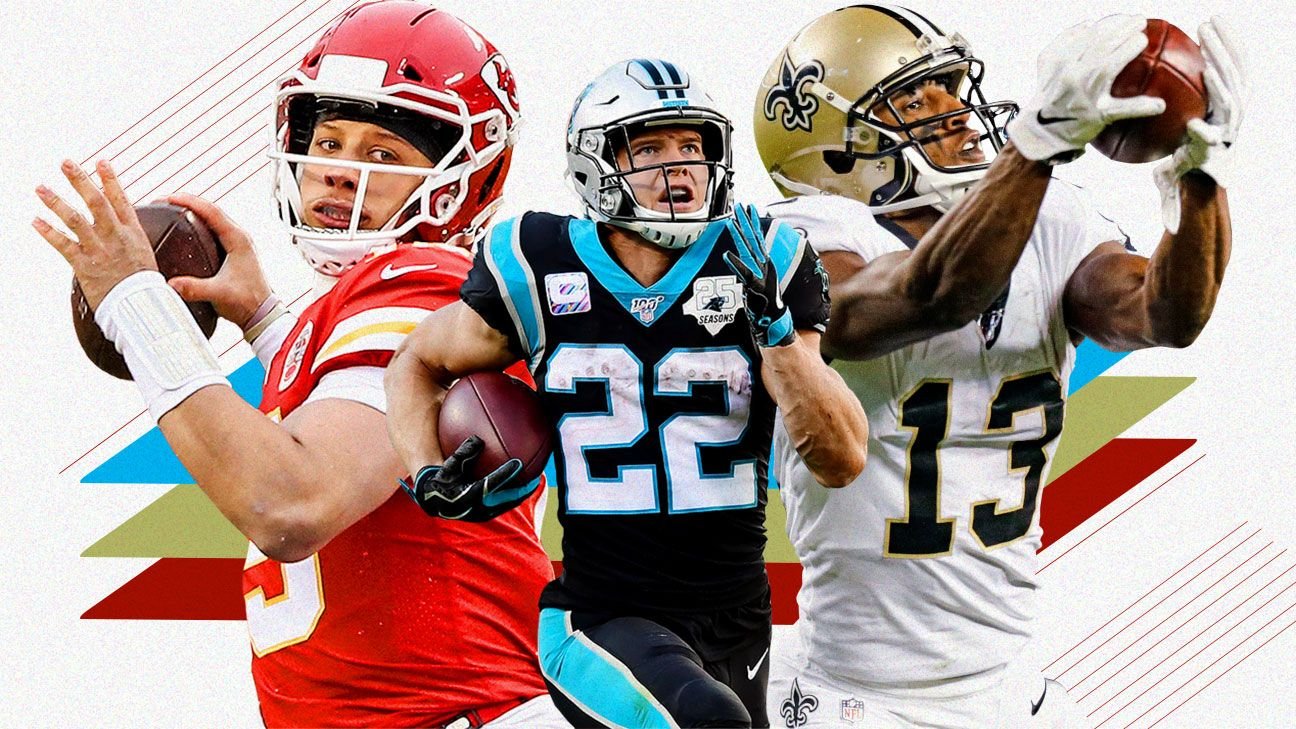Getting Started as a Sports Journalist – Following Your Passion for All Things Sport

Being a sports journalist is an exciting career path that you may wish to follow. Commentating, reviewing, and following local and national sports can allow you to combine your passion with a way of earning a living. However, to successfully get started as a sports journalist, you have to think about what you want to achieve, and you have to decide what direction you want to go in. There are lots of sports to report and commentate on, and not all will be things that you are naturally interested in. It is essential that you follow a sport or sports that you are passionate about as this will ensure that the career that you start turns out to be as long-lasting and enjoyable as you hope.
Going Where Your Passion Dictates
You have to start off as you mean to go on as a sports journalist. You have to follow the sports that you are passionate about, and you have to fully immerse yourself in the role and everything that the role entails. If you do not follow your passion, or if you do not let your passion dictate what career path you should follow, then you will never feel fulfillment, and you will struggle to succeed in sports journalism and ultimately build a strong name and reputation for yourself. To establish where your passion lies, you need to look at what you enjoy watching, following (and even playing). For example, are you a gold fanatic, or would you prefer to watch a few sets of tennis? When you can follow and report on a sort that you are passionate about, you can make the best out of every opportunity and situation that you are given.
Deciding If You Will Have a Specialist Area of Interest or Focus
As well as reporting and following your passion, you also need to think about whether or not you want to commit yourself to other sports. Do you want to specialize in a certain sport or field, or would you like to have a few areas that you cover? If the sport that you are passionate about is not big enough to sustain a full-time wage, then you need to think about what else you would like to cover. If you do not get enough exposure or career, then you will not be able to build your experience, and this is what you need to build a sustainable career.
The Importance of Your Education
Gaining experience and learning all about your field of interest is essential for a career as a sports journalist, but so too is your education. If you do not hold a degree or even a Master’s then you may struggle to command the attention and the respect that you deserve. Relevant qualifications that allow you to build up your knowledge and awareness will certainly be beneficial. When it comes to deciding where to study, you need to look at sports journalism colleges because these will ensure that you study the correct program that will allow you to follow your passion. Some colleges offer general journalism programs, but these are not specific enough or targeted enough for what you are trying to achieve.

Building Your Experience
While you are studying for a degree, you also need to ensure that you focus on building your experience. When you work on gaining experience alongside knowledge and awareness, you can then be sure that you can apply everything you have learned in your studies. When you focus on building your experience (through both paid and voluntary experience), you can strengthen those areas of weakness that you may have, and you can ensure that you are a strong journalist with experience and knowledge that go hand-in-hand. When you are looking for opportunities to build your experience, it is important that you stay open to online and offline opportunities. Having the opportunity to practice your commentating, editing and written skills are all equally important.
Landing Your First Position
When you are fresh out of education, it can feel like an uphill struggle to land your first position, especially when you enter a competitive industry such as sports journalism. However, landing your first position doesn’t have to be as overwhelming as you first think. You need to be focused on what you want, and you also have to be prepared to make a few compromises along the way too. Your first position or role may not pay what you want (or need), or it may not be in the location you want to, but you have to remember that you have to start somewhere. With your first position, you should be focused on what it can give you and where it can take your career. See the potential in your first position, and you will get more from it.
Being Honest and Informative With Sports Fans
As a sports journalist, your reputation is important and key to your future success. When you are reporting or commentating on an event, you should always keep the sports fans at the forefront of your mind (and everything that you do moving forwards). The opinions that sports fans hold of you are important and crucial to your career. To ensure that they only hold positive memories, you should always ensure that you focus on commentating and reporting in an honest and informative manner at all times (even if you are sharing news that they do not really want to hear). When you are honest and straight about what is happening, you will never be doubted and only trusted, and this is what you want for a strong career as a sports journalist.
Keeping Up-to-Date with Local and National Sports News
To be a sports journalist, you must ensure that you stay relevant. To stay relevant, you have to regularly keep up to date with what is happening within the sporting world at both a local (or regional) level and also what is happening at a national level. When you keep up to date with changes and new developments you can be sure that your reporting is always the best that it can be.
Building Your Reputation
Once you have the qualifications you need under your belt it is then time to start building your reputation. You will find it easier to land roles if you have a strong reputation and name (that in the end sells itself). To build your reputation you have to ensure that you are professional, honest and courteous at all times. You have to write with enthusiasm and passion, and you have to under deliver and always overpromise. You have to build a brand that is known to others, when you have a brand that is known and recognized you can be sure that your reputation is strong.
Connecting and Networking

Building a successful career within sports journalism will be easier if you have the right connections. Getting out there and meeting other like-minded professionals through online and offline networking events will help you to build strong connections. To make the most out of networking you have to think about what you want to achieve. For example, if you are just starting out as a journalist, do you want to build up names of those who are in a position to offer you work, or would you prefer to utilize networking to help you build up your connections so you could make it as a freelancer? When you know what you want to achieve out of networking you can then focus on making the right connections, and these will be connections that last.
Selling Yourself and Getting Noticed
The world of sports journalism is very competitive and it is important that you always focus on selling yourself, and getting noticed (at every opportunity). People’s memories are very short, and it is important that you always focus on pushing yourself as much as you can (even if this means leaving your comfort zone). As a sports journalist, you are only as good as your last piece of work (or last few) and so you have to continue to sell yourself until you build up a strong enough reputation. Getting noticed and selling yourself may feel like an alien process at first, but be rest assured over time (and with practice) it will come to you like second nature. Always carrying with you an updated resume, and even samples of your work will ensure that you are prepared for any situation.
Continuous Growth, Change and Development
Even after you have finished your degree or your time at college or university, it does not mean that your learning and development should come to an end. As a professional sports journalist within a competitive industry, you should always ensure that you focus on continuous growth and development at every opportunity that you can do. When you focus on your own growth and development you can be sure that you can change (and subsequently meet) future demands and needs.





